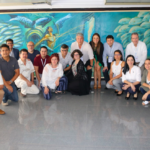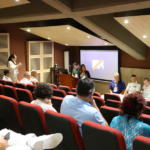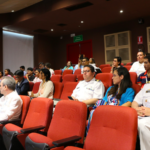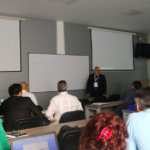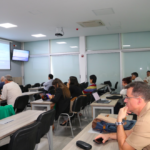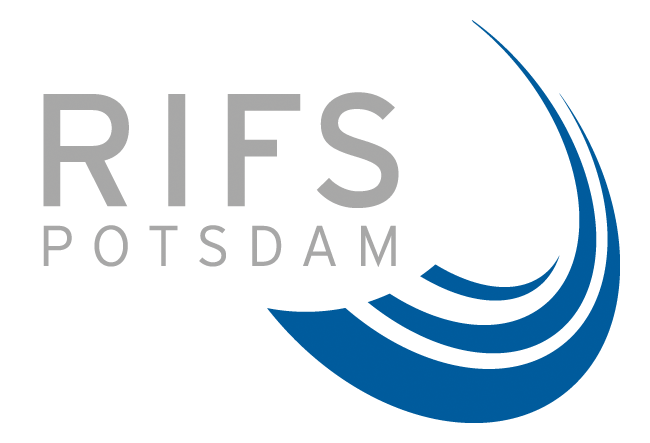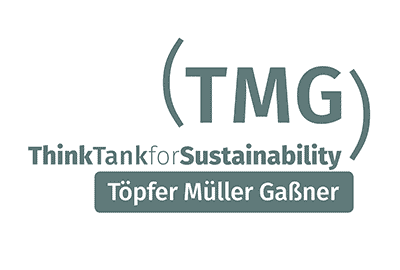STRONG High Seas workshop on socioeconomic analysis takes first steps to explore the value created, and potentially lost, due to changes in biodiversity in Areas Beyond National Jurisdiction. The workshop brought together twelve expert representatives from the CPPS member States Colombia, Ecuador, Chile and Peru gathered from 23-25 October 2019 in Barranquilla, Colombia.
The objective of the workshop was to contribute to the forthcoming STRONG High Seas assessment of the value of biodiversity in Areas Beyond National Jurisdiction in the Southeast Pacific and discuss approaches for exploring socioeconomic aspects and ecosystem services generated in high seas areas. The first day, which was open to participants of the National Seminar of Marine Sciences and Technologies (Senalmar), was enriched by the presence of fifty-two attendees from different regional organisations, scientific institutions, academic institutions and NGOs.
Highlights from the workshop:
- The lack of knowledge and data, including the transfer of information, regarding biodiversity in Areas Beyond National Jurisdiction, means significant gaps in understanding must be overcome in order to fully assess and understand the value of marine biodiversity and its contribution to human well being.
- Increased shared investment and cooperation between countries could support joint research projects on biodiversity in the Southeast Pacific, contributing to an improved understanding of the contributions of marine biodiversity to the human well-being.
- The workshop highlighted the importance of implementing new and innovative ways of assessing and valuing marine resources. An example discussed were ancestral communities’ cultural ecosystem services.
- The principle of “Common Heritage of Mankind” regarding marine resources and the negotiations for a new high seas treaty currently underway in the United Nations were identified as highly important for the participants. The agreement on and interpretation of this principle in the future treaty will have serious and long lasting impacts on the future conservation and use of marine biodiversity in Areas Beyond National Jurisdiction.
- It was also suggested that the creation of an open access scientific platform for Areas Beyond National Jurisdiction in the Southeast Pacific could be used to help disseminate research findings and share knowledge across multiple users. Likewise, the need for a program to disseminate scientific information on these issues to civil society was discussed.
- Countries also shared how they were addressing the issue of access to marine genetic resources and how their national procedures would apply to BBNJ, demonstrating that national strategies widely varying on this issue.
The workshop summary can be found here in English and here in Spanish.

